 I would like to copy this article from the BBC Health website about the dangers of wasp stings, even if you are NOT known to be allergic to them.
I would like to copy this article from the BBC Health website about the dangers of wasp stings, even if you are NOT known to be allergic to them. The deaths of two men after they were stung by wasps has led experts to reinforce warnings of the dangers of allergic reactions to venom.
The men, both from Hampshire (England), died from anaphylactic shock.
Allergy experts say it is rarely the first sting that causes the allergic reaction, so people should always watch for signs such as feeling faint. Insect experts say wasp numbers are back to normal after several years where there were fewer than expected.
One of the two men who died was stung by a swarm of wasps after disturbing a nest as he worked in his garden in Itchen Abbas, on July 21. Another man, from nearby Alresford, was stung five times by wasps in his garden, and died in hospital two days later on August 7. The first man had never previously suffered an allergic reaction to a wasp sting, while the second had been stung in the weeks before his death and had been given antihistamine tablets.
Warning signs
Muriel Simmons, of the charity Allergy UK, said the
men's tragic deaths reinforced the need for people to watch out for
signs they had had a dangerous reaction to the venom in a sting. She said: "The problem with these sorts of reactions is it isn't necessarily the first or sting that causes them.
It may be that the body deals with the venom the first
time. But, by the later stings, the body knows what it is dealing with
and the immune system goes into overdrive."
Symptoms can include tingling, feeling faint or even collapsing and vomiting. Anyone who experiences these symptoms - even if they have previously been fine after a sting - should prompt them to call 999.
Matt Shardlow from the insect charity Buglife warned wasps are a particular problem in the late summer. He added: "Based on the trend in allergic reactions, we would expect to see a long term increase in the number of wasp (sting) deaths."
A health select committee in 2004 said: "Levels of allergy in the population have soared in recent years.
"Allergies are present in around 30% of the adult population, but the figure is higher for children, with 40% of children having some form of allergy."




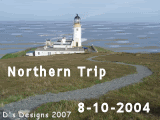



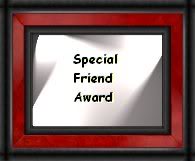
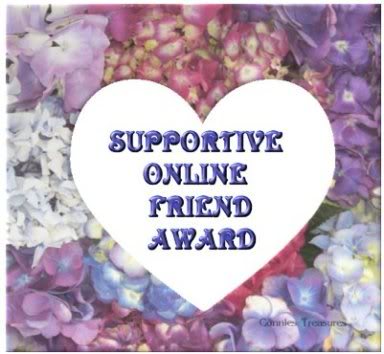
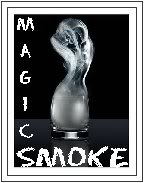
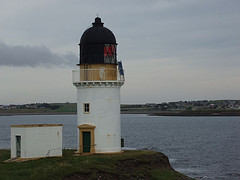
My son used to be allergic to wasp stings. I had to get him straight to A & E when he was stung. Jeannette xx
ReplyDeleteThomas was stung in the nect several years back, and the emergency room doctor told him that if he was ever stung again, anywhere, to get to the hospital at once. That sting made the whole side of his neck swell to twice its size and almost cut off his airflow.
ReplyDeleteLori
Anyone with a known allergy to wasp or bee stings should dial 999 (911 in the USA, 112 in Europe) IMMEDIATELY after being stung. Discuss with your doctor the possibility of carrying an adrenaline pen. If you don't use it, check the expiry date regularly. IT COULD SAVE YOUR LIFE.
ReplyDelete